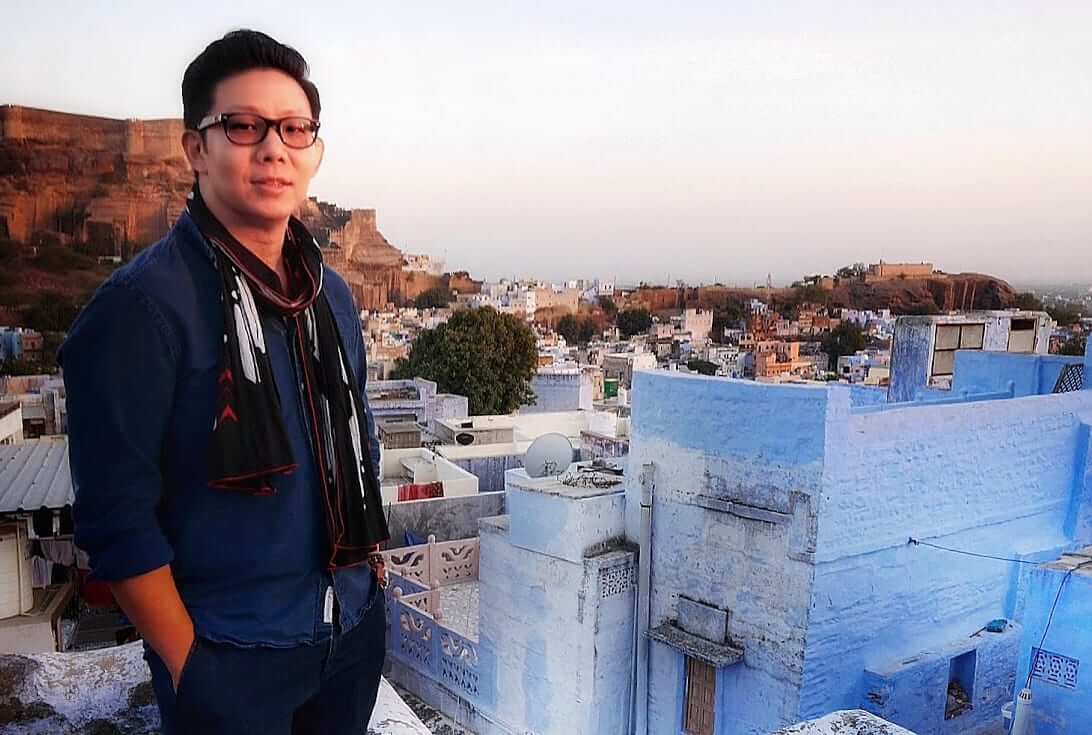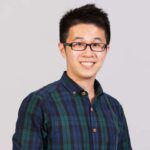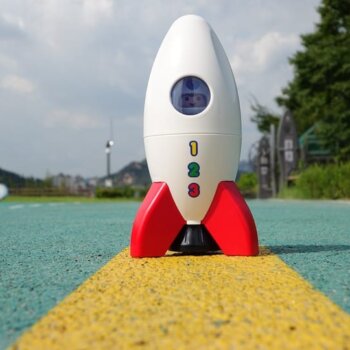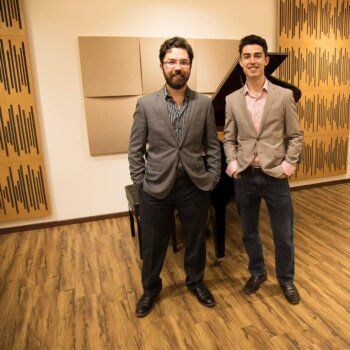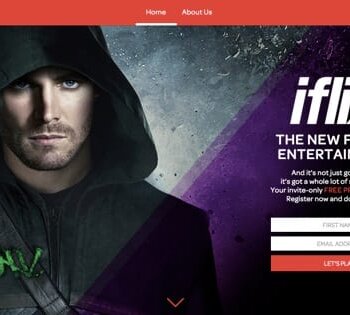Aun Koh is one of the men behind Singapore-based private members’ club Straits Clan.
What’s your story?
It’s a bit of a meandering tale, but one connected by a passion for storytelling and connecting and supporting inspiring people and ideas. Most recently I’ve worn a few hats. I started the new private membership club Straits Clan, which aims to be a social space for a new generation of change makers, entrepreneurs and creatives. I also recently hosted a new television show called Vanishing Foods in which we explored communities in Asia that are losing recipes and along with those parts of their culture. I’m Chairman of the Board of the Pangdemonium Theatre Company, a theatre group dedicated to telling great stories that will move and educate audiences.
Previously I’ve worked as a magazine editor and publisher; arts administrator; communications consultant; charity advocate; restaurateur and hospitality consultant; and media consultant. Like I said, I’ve had a varied career.
What excites you most about your industry?
I’ll speak about the media industry because I’ve probably spent the most time collectively in it. It’s a sector facing enormous upheaval as all the old models are being rendered obsolete. How we produce content today and the channels and platforms we use to reach audience or help brands tell their stories is changing faster now than it ever has before. But this also presents huge opportunities if you can stay ahead of the curve and understand what the different stakeholders are looking for.
What’s your connection to Asia?
I’m Singaporean but spent my childhood in the United States. I left when I was 2 and didn’t live or work in Asia until I was in my mid-twenties. Because of that, I could view Asia through multiple lenses and when I moved back, I saw so many incredible things happening across the region. As a journalist, I thought the best way to celebrate this was through a magazine, and in 1998 started a regional monthly lifestyle magazine called East. We covered everything from politics to art and culture and tried our best to shine a spotlight on the good and bad in the region. At the time, we were the only English-language regional lifestyle magazine; all other regional titles were news and business focused. While East has long since gone, I still believe in our region and am constantly inspired by the people I meet.
Favourite city in Asia for business and why?
While I’ve traveled widely for work, I’ve only been based in Hong Kong and Singapore. Both are dynamic but doing business in each is noticeably different. I have to admit I like Singapore because it’s a small enough of a place that an entrepreneur with talent can get quickly and widely recognized. Awareness is a pretty big hurdle for a new business and here, people are always quick and happy to support someone doing something special.
What’s the best piece of advice you ever received?
It’s funny because my wife and I are every parent’s worst nightmare. We’re always telling friends’ children that higher education can’t compare to real work experience. And that’s akin to something an old mentor also told me. I worked part-time at Newsweek magazine in my final year of university. At the time, I had planned to apply to journalism school. But when I mentioned this to the magazine’s editor-in-chief, the late Maynard Parker, he told me it was a waste of time. He said that I was already learning the craft of journalism at Newsweek. I shouldn’t need to go to school to learn that. Instead, he said I should spend time learning about the world and if I wanted to study, then become expert in a subject worth writing about. Following his advice, I graduated early and started my career earlier than planned.
Who inspires you?
I could talk about this forever. I’m always meeting new people that inspire me, for many different reasons. So instead of trying to name one person, let me speak generally. People that devote themselves selflessly and passionately to their beliefs have my utmost respect. People that are genuine, honest and kind inspire me. People that stay humble and people that don’t give up in the face of failure also inspire me. I love meeting people with great, big, bold crazy ideas. And I have mad respect for creatives whose work can make you laugh or cry or just feel any strong emotion.
What have you just learnt recently that blew you away?
I just discovered that four countries in Southeast Asia plus China are responsible for 60 percent of the world’s plastics pollution. This is pretty shocking. And given the state of the world, I hope this issue is something ASEAN would take up. I know we have no chance of moving China unless it wants to be moved. But ASEAN is different and if the right pressure is applied by fellow members, you never know what might be possible.
If you had your time again, what would you do differently?
So many things. I’d have kids earlier. I’m an old dad. I’d structure the investment deals I made for my first publishing company completely differently. I was young and naive; I undervalued myself and gave away too much far too easily. I’d accept on-camera opportunities much earlier. I was offered great gigs which I turned down because I always believed I had a face for radio, as they say.
How do you unwind?
I love putting my kids to bed at night. They can be complete pains in the butt but at bedtime they want to cuddle and listen to stories, which I absolutely adore. I’m also a Manga fan – I know that makes me sound like an overgrown nerd, but I do enjoy enjoy the mindless fun and visual storytelling. I also love to cook. Both my wife and I like to host dinners. And in the past year, because she’s been super busy with work, and pregnant for a large part of it, I’ve been the primary chef at home. Cooking is part craft, part science, part art. Food is something that you can share with people. And if you make something great, it makes your guest smile and feel wonderful, if even for a moment. I live for those moments.
Favourite Asian destination for relaxation? Why?
In Asia, it’s a toss up between Tokyo or Kyoto. I’m a city person. I don’t enjoy beach holidays unless there’s a lot of scuba diving. I love wandering around cities, discovering small shops and food stores, love trying new restaurants, and checking out new hotels.
Everyone in business should read this book:
The Elements of Style by Strunk and White. My wife and I used to give this out to every new employee at The Ate Group. Even if you aren’t a communications professional, you should know how to write succinctly and effectively.
Shameless plug for your business:
If you enjoy meeting new people; if you’ve always wanted to be part of a community that didn’t judge you by appearances but values real talent, hard work and creativity; if you’ve looked for a private space in which you can let your hair down and be yourself while still enjoying great food and drink; and you would value a home away from home as well as an office away from the office, I’d love for you to think about joining Straits Clan. We’re trying to build a new community of exceptional people of all ages and backgrounds. And we have a fantastic clubhouse with restaurants, bars, work spaces, meeting rooms, party rooms, a gym, a spa and an events space. We’ve also priced ourselves realistically in order to attract young entrepreneurs and creatives. Come by for a tour and a chat. We’re always happy to meet new potential members.
How can people connect with you?
LinkedIn or Instagram. I use Facebook only for really close friends. Or via my travel and food blog Chubby Hubby.
—
This interview is part of the ‘Callum Connect’ series of more than 500 interviews
Callum Laing is an entrepreneur and investor based in Singapore. He has previously started,
built and sold half a dozen businesses and is now a Partner at Unity-Group Private Equity and Co-Founder of The Marketing Group PLC. He is the author two best selling books ‘Progressive Partnerships’ and ‘Agglomerate’.
Connect with Callum here:
twitter.com/laingcallum
linkedin.com/in/callumlaing
Download free copies of his books here: www.callumlaing.com
